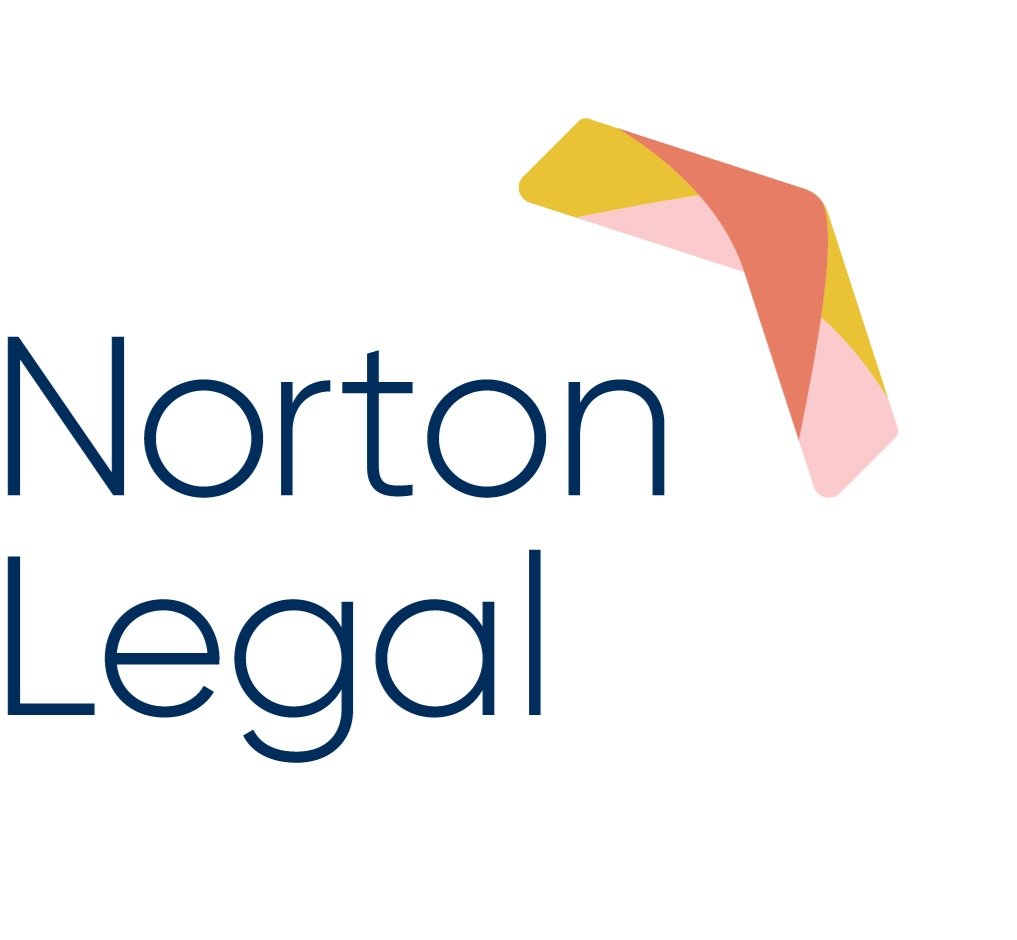Understanding Superannuation Death Benefits: What You Need to Know
Superannuation Death Benefits
When a person dies, their superannuation fund typically pays out their remaining super to a nominated beneficiary. This payment is known as a 'super death benefit.' The rules surrounding superannuation death benefits are crucial to ensure that your hard-earned savings are distributed according to your wishes.
Nomination Options
Depending on the fund, you usually have the option to nominate a death benefit beneficiary for your super by making either a non-binding or binding nomination. If your super fund allows for a binding death benefit nomination, you can specify one or more dependants and/or your Legal Personal Representative (Executor of your estate) to receive your super.
When No Nomination Exists
In cases where the deceased did not make a valid nomination or has made a non-binding one, the trustee of the superannuation fund may use their discretion to decide which dependant(s) will receive the death benefit or may make a payment to the deceased's Executor (Legal Personal Representative) for distribution as per the instructions in the deceased's Will.
Who is eligible to receive the superannuation death benefit?
Dependants are eligible to receive a death benefit, specifically:
Spouse or de facto spouse
Child of the deceased (of any age)
Person in an interdependency relationship with the deceased (live togetehr and are financially dependant on one another)
The deceased’s Executor or Legal Personal Representative (which means the super gets paid to their estate to be dealt with in accordance with the Will)
Who is eligible to receive the superannuation death benefit tax free?
Just because a person is eligible to receive the super doesn’t mean that they can get it tax free. To be eligible to receive the super tax free you must be a tax dependant.
A tax dependant under tax law is:
Spouse or de facto spouse
Child of the deceased under 18 years
Person in an interdependency relationship with the deceased (live togetehr and are financially dependant on one another)
Any other person dependant on the deceased (which can include children who are over 18)
Tax Implications
If the super is paid to a person who is not also a tax dependant there will be tax to pay of up to 32%. This area is complex and it depends on the tax treatment of the super when it was paid into your fund. You should consult an accountant or financial adviser for clearer information around the amount of tax that can be expected to be paid on the super if you dont have a tax dependant to leave the super to.
Leaving Super to Non-Dependants
If you wish to leave your super to someone who does not qualify as a dependant under superannuation law, you can consider making a binding death benefit nomination to have the payment directed to your Executor or Legal Personal Representative. This ensures your super is distributed according to your Will (but there may be tax to pay if there are no tax dependants).
Understanding superannuation death benefits is essential for effective estate planning and ensuring your loved ones receive the financial support they deserve. By knowing the rules and tax implications, you can make informed decisions about nominating beneficiaries and optimising your superannuation benefits for the future. If you have specific questions or concerns, it's always a good idea to consult with a financial advisor or tax professional for personalised guidance.
